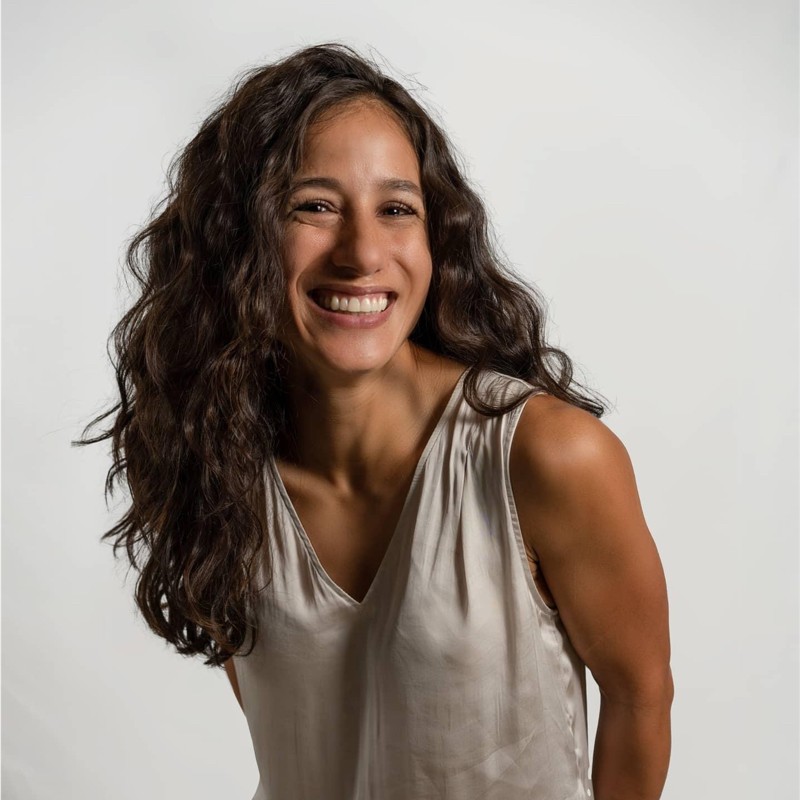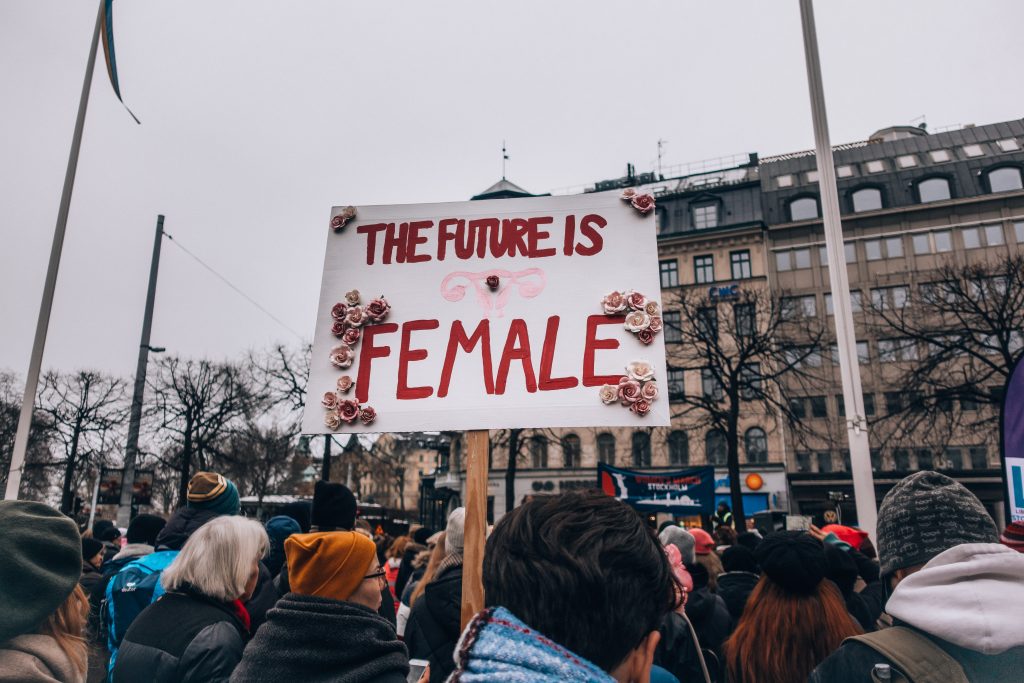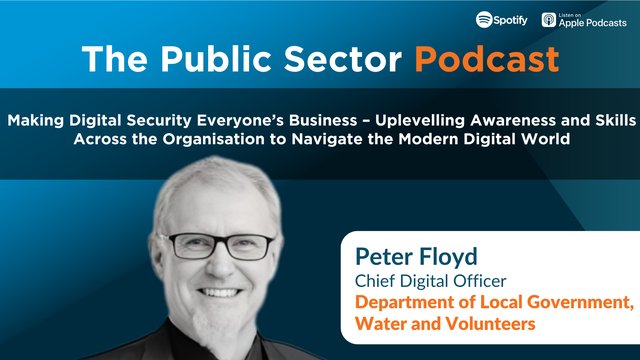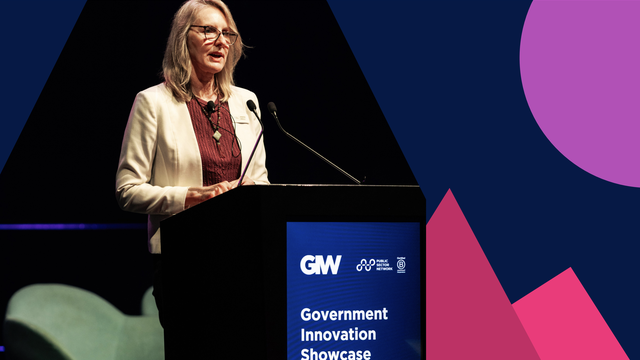As we celebrate Women’s History Month throughout the month of March, as well as International Women’s Day on March 8th – Public Sector Network has engaged with some of the sharpest, creative, and most engaging leaders in the public sector today.We have designed a series of Women in Leadership Spotlights that we hope will engage, inform, and inspire you to be bold, to think big, and to make positive change.
For out first interview in the series, we sat down with Michaela Geronima Doelman, the CHRO of the Washington State Employment Security Department (ESD):
Q1:
Please tell us a bit about what you do, how you got there, and what you love about your work?
I’m the Chief Human Resources Officer (CHRO) for the Washington State Employment Security Department (ESD). I kind of got here by accident. Although public service was always where I wanted to be, HR wasn’t even on my radar of options, I just knew I wanted to help people like my parents did in their public service jobs. After graduating from college and working in Mexico for a couple of years, I moved back to the US in 2007 and wasn’t in the position to be picky about what job I could take, I just wanted one that paid the bills so I took the first one I was offered. It was a non-permanent job as a recruiter. I was so fortunate to get my first job in a role where I got to help connect people to careers while also working with a team that I loved and am still in contact with today.

What I love most about the work in HR is the ability to have an organization-wide impact, and one that’s focused specifically on people and culture. If my team and I do our jobs well, the rest of the organization gets to work in jobs where they’re successful, with people that they love, and making a meaningful impact to the people of Washington state. My team is about 50 people, that supports an organization of about 2,700 people, that provides valuable support to a community of about 7.6 million. We have the opportunity to directly and indirectly improve so many lives and that’s exciting.
Q2:
As a woman (and a leader) who has spent time in both the private and public sectors, how have you seen things evolve in terms of diversity & inclusivity since your career first began? Where do you feel there is still room to improve?
When I first started working after college, I remember trying to have conversations about race and equity and continually had the conversations shut down. They were deemed inappropriate for the workplace and on multiple occasions was accused of being racist for wanting to talk about racism. The conversations we did have in the workplace were about the appreciation of diversity and how great it is but not wanting to acknowledge any of our short comings or the history of how our systems have kept our workplaces homogenous. I remember my first diversity training in the corporate world used the Irish Potato famine as the example for why diversity (of crops) was so important! It was like they were so afraid of offending anyone, so they opted for the superficial example of the potato famine to stay safe.
Over the last few years, I’ve seen a lot more openness to have conversations about race, systems, and how those systems create disparate impacts for people. But they continued to be difficult conversations to bring up and people had the privilege to walk away because the topic didn’t impact them directly. This past summer, after people saw the video of George Floyd’s murder, people couldn’t walk away from the conversation anymore. We had a very gruesome, concrete example of how racism is prevalent and among us. The conversation has evolved from “is this really a problem?” to “this is a real problem, what are we going to do about it”.
This is a great first step, but we need to move beyond words. Companies have made diversity statements, declared themselves anti-racist organizations, hired consultants and guest speakers, and invested in employee resource groups but those are all performative unless they’re backed up by changes to the systems that impact the end state. For example, if our recruitment process in not accessible for people with disabilities, or our workplace conduct policies are based on the normalization of white supremacist culture, or our bonus or promotion process rewards people who do not have caregiving responsibilities the words we put onto our website are meaningless.
I always laugh at this question because it was random chance that brought me to HR. I didn’t even know it was a career field when I was in college and when I worked in the hospitality industry, HR was the place you avoided at all costs! I started my career in HR because it was the first salaried job that was offered to me when I moved back to the US (I had applied for hundreds of positions and couldn’t get an interview). However, I stayed in HR because I realized that I could help lead the change from the inside!
HR is about people and culture and although we don’t have direct control over it, we are the key influencers. There’s so much research that shows that when people feel valued for who they are and that they belong in the organization that they’ll perform better, so there’s a strong business case for investing in culture work. But, as a brown female, I have so many examples of times where I didn’t belong despite the culture as a whole being something where most people in the group were engaged. My motto for this work is never the only for long”. Sadly, in 2021 there are still times when I’m “the only” at the table. The only person of color, the only caregiver with school-aged children, etc. My passion is about creating a workplace where I’m never “the only” again. And, the reality is that is so much more than just recruitment of diverse candidates. It’s about creating workplace policies that go beyond what’s legal and instead create an expectation of respect and inclusion, investing in training and development that builds our cultural humility and understanding, approaching people and behavior with a trauma-informed lens, being humble enough to acknowledge our shortcomings and vulnerable enough to seek forgiveness for when we’ve harmed others, and so much more. Ultimately, it’s about creating a work culture where every person is respected and feels like they belong as their authentic self, but knowing that the only way we can get there is by first acknowledging and supporting those who have historically been marginalized in both our workplace and through our services.
Q4:
Who is one woman who has been a strong role model for you in your career? Can you explain why, and how, they inspired you or helped you succeed? Concurrently - Why is it important to be a role model for other women in your field and in public service?
This is probably inappropriate for a CHRO to say but Ali Wong is the first person who came to mind. If you don’t know her, she’s a comedian where the majority of her content would be considered explicit and grounds for termination if shared in the workplace! We’re the same age and I’ve only been a fan for about four years but as an Asian-American, petite, working mother, she broke every stereotype I felt constrained by through most of my career and she did so unapologetically and with great success.

That’s what I hope others see in me as well: that I’m real, that I’m flawed, and that it’s ok. There’s this pressure for working moms to have it all together. The pandemic has only heightened that with research showing that even in cis-hetero dual income households that women are still taking on more of the caregiving responsibilities than their male spouses. That pressure to have it together all the time is exhausting and the impacts of that are real. The most recent data from the Bureau of Labor Statistics showed that millions of women have exited the labor market during the pandemic with workforce participation rates matching those of the late 1980’s. To expect that women can give 100% to their jobs and 100% to their kids just isn’t good math and something will give. Whenever I’m on a call, I try to keep my background transparent people can see my kids doing their virtual school behind me. It’s a message to all the other parents out there that if the CHRO can do it, its safe for them to do it too. I also lead a weekly call with all of our leaders across the state and share examples and personal stories of both failures and successes so that we can create a culture of learning where we can collectively grow from our mistakes. There are so many times over the years that I’ve been so exhausted or emotionally beaten down that I was on the verge of quitting because I didn’t think I could do it. If others are feeling that way, I want them to know that they’re not alone and that it will pass.
Q5:
What advice would you give to the younger generation of women in this field and more broadly within public service? What is one piece of advice you wish someone had shared with you when you were just beginning your career?
This was the hardest question for me to answer. I reflected a long time on this question and ultimately what I finally concluded is that I don’t think I should be giving advice to the younger generation but instead I need to be following the example that the younger generation of women is providing me! I follow a lot of youth run social justice accounts on Twitter and Instagram and I am constantly learning from them and how they unapologetically share their convictions and their authentic selves, demanding that the system be the one that conforms instead of them. That is so inspiring and convicting to me because I feel like I’ve only gotten to where I’m at in my role because I shut off or hid parts of myself so I could fit in while at work. Now that I’m here, I look to the younger generation for the reminder that I want to change that system so that they don’t need to do that to succeed.
Instead of sharing advice that I hadn’t gotten, I wanted to share a piece of advice that I believe was instrumental to my success that I think is still relevant today. It was: that you can make an impact no matter what role you’re in. I came into my career wanting to get to leadership because that’s where true change could make but someone gave me the advice to focus on making the greatest impact in the role, you’re in and the rest will follow. That was so true for me. I leaned into every position I was in and focused on being the best in that role without ego, ultimately that’s what got me recognized and promoted into other roles.

Q6:
How has the COVID-19 pandemic impacted your outlook and approach to your work? What key lessons have you learned that you have applied?
Prior to COVID-19 we always talked about work-life balance. For me, now it’s about work-life blend. With my office in my house, work is accessible at any time. At the same time, my kids are accessible to me all the time now too so I’m trying to focus on the positive of my ability to blend the two together. That only works because I have a workplace and a job that allows me that flexibility and control over my schedule so that I can transition from a meeting to helping my child with their math assignment. It can be overwhelming at times as I’m naturally an introvert and ironically in the pandemic is the time where I don’t have that alone time. But I’ve also learned how to be more accepting of “good enough”. I’ve always been told I have high standards, sometimes too high and this situation has allowed me to give myself more grace. The other key lesson that I learned prior to the pandemic but I’ve had to be really diligent about to maintain my mental health over the past year is to prioritize self-care. For me, that’s carving out an hour of time every morning for exercise and trying to get to bed at a reasonable hour. There have been couple of times that I’ve cut my workout short to take a call and it ruined my mindset the rest of the day so I try to be really strict about making sure that time stays protected.
What I’ll also add is the lesson to give that same grace and respect to others. With each person on my team, I’ve worked with them to understand how they’re approaching work during the pandemic and how I can best support them. Each person is unique, and it can be somewhat of a challenge to try to balance the various work preferences but knowing that doing so helps them be their best selves is a good reminder of why it’s worth the effort.
Q7:
What does women's history month mean to you?
A few years back a coworker and woman I admire deeply shared a number of stories throughout the month of March tagging them #herstory, sharing the message that the past shapes our identities, values and norms and it was predominantly written by men, therefore it was always his story. Her goal was to help us see her story in a way that overrode the traditional narrative by showing us womxn that defied the stereotypes and blazed their own paths. That really resonated with me and I see womxn’s history month as an opportunity to celebrate our accomplishments, our resilience, and our community as a way to lift each other up. In the last year or so, I’ve also been doing a lot of learning about what it means to be a womxn in a gender inclusive way. I’m still very early on my learning journey in this subject but the more I learn from amazing people like Alok Vaid-Menon, the more I am inspired to continue to expand who gets to be celebrated and recognized during this month. Ask me again next year and I hope to have a vastly different answer!

































